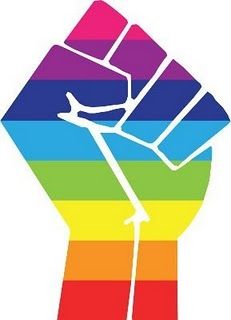This year is only my second year in my current school & my second year choosing “informal” observations only. These are “drive-by” observations where my principal and AP stop by for about 15 minutes before passing on to another class. They send me a write-up with some feedback – but they rarely discuss these lessons in person – or in detail. On the one hand, getting all highly effective ratings makes a person feel like their hard work pays off – on the other hand, it doesn’t actually help me grow!
On Monday this week, I had someone come in to observe me and coach me a bit. She’s a former teacher who’s been out of the classroom only a few years, and is currently working on PD for teachers through the DOE. She followed me around when I conferenced with students, and we had a really good lens for her to view my class with; our lens for the day was balancing student independence with interdependence and how problem content, context and teacher questions can support this balance. I think that needs to continue to be my lens again next year because I felt like I was just scratching the surface in listening to her feedback.
Because she was not evaluating me – in fact, had absolutely NO POWER over me at all, I was able to listen and be present with her feedback. I felt like I knew she wasn’t judging me, but was supporting me to become a better teacher, so I could explain without getting defensive. Next year, she offered to come visit my classroom earlier in the year, and try to get in more frequently, so she can really provide me with some coaching – and I felt really good about that idea.
To this end, we asked, “What are some ways to increase student accountability for listening to each other during the whole group share (and not only to you to reiterate or confirm, implicitly or explicitly)?” And “how do you transfer some of the responsibility for moderating the group share conversation to them?”
We brainstormed a few ideas of what to do differently in the future, such as:
Turn-and-talks for vocab refreshers
Co-creating what they share out as per team vs. per individual (and thinking about how to encourage diverse voices when sharing on behalf of the teams)
Accountability for actually turning and talking (had one boy in a group of 3 who was totally silent all class)
Asking “What did you team notice/wonder?” vs what did YOU notice/wonder and building accountability around truly having a team response.
Clarifying questions and answers can be team based (at least as a 1st pass) to free me up to ask conceptual questions when I conference with students (which also means I need to have better conceptual questions planned)
Instead of answering the clarifying questions myself, ask the students,”Review your worksheet. What questions do you have about what to do?” and then direct them to spend the first 2-3 minutes of the explore portion of the class clarifying those questions with their table mates and asking, “Have you asked your partner?” Then, when I circulate, just listen in, instead of answering.
Follow Yvonne Grant’s advice of think of “What question can I ask” when students ask a question (instead of providing an answer).
Cultivating my “Kara face” (i.e. my poker face) when students say something incorrect. (I’m usually better about that, but in this case, it was a tangental topic, and I felt rushed, so I didn’t spend as much time clarifying as I could have).
I wonder if I can also view the student feedback from this same lens of the tension between independence and interdependence. I think I have a longer post about that alone percolating in my brain, but it’s not ready to come out yet.
